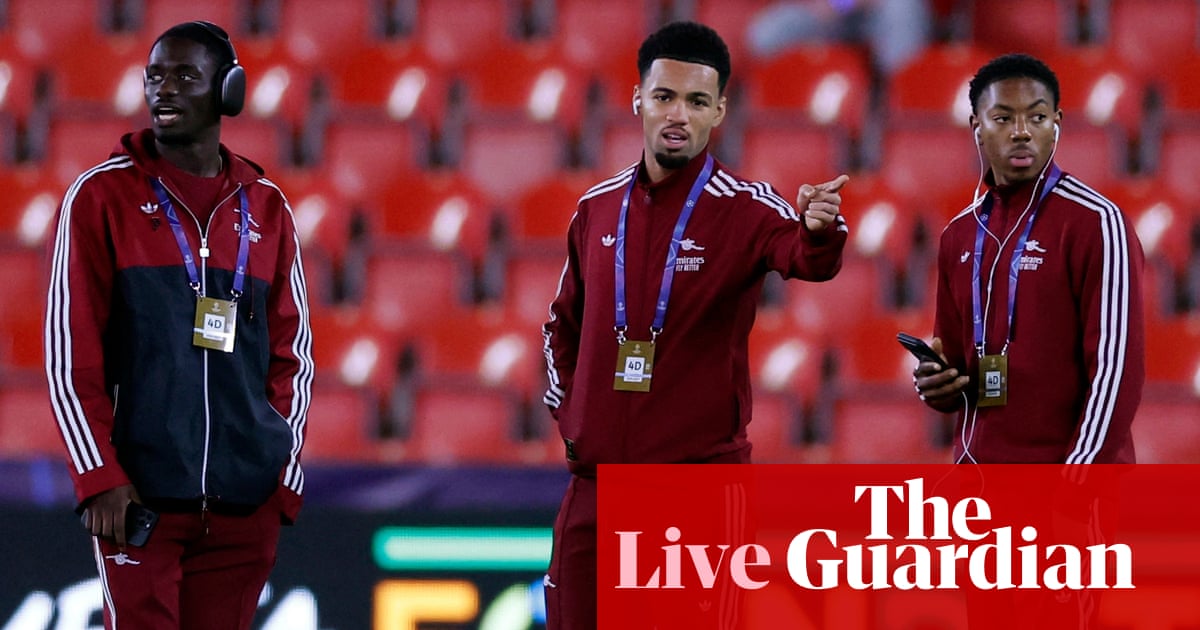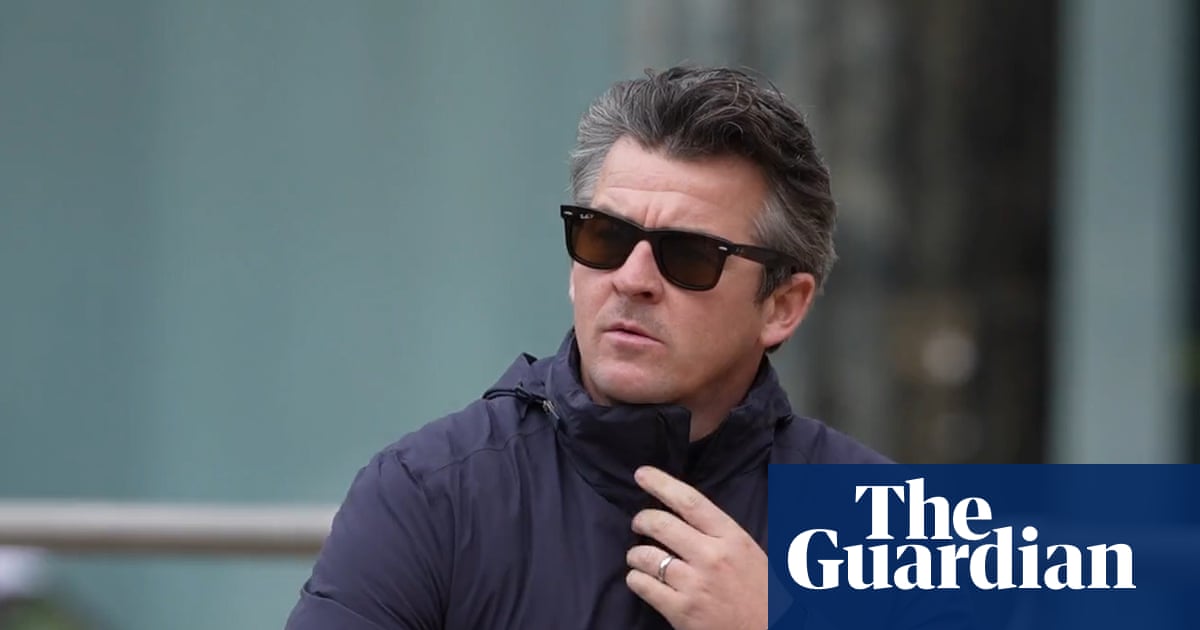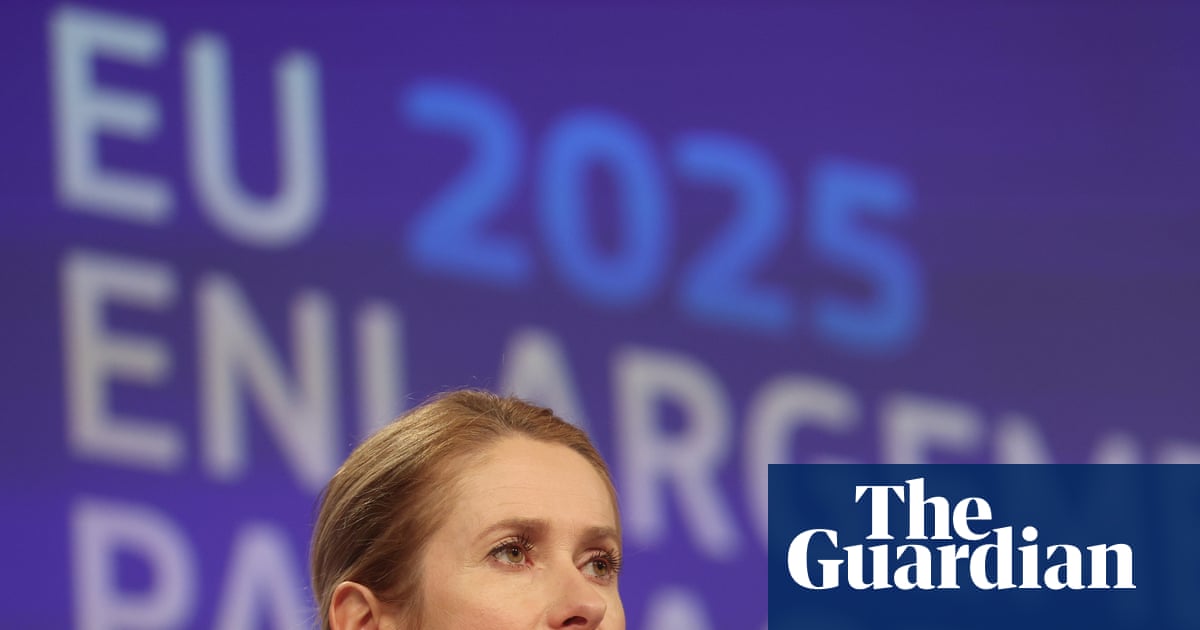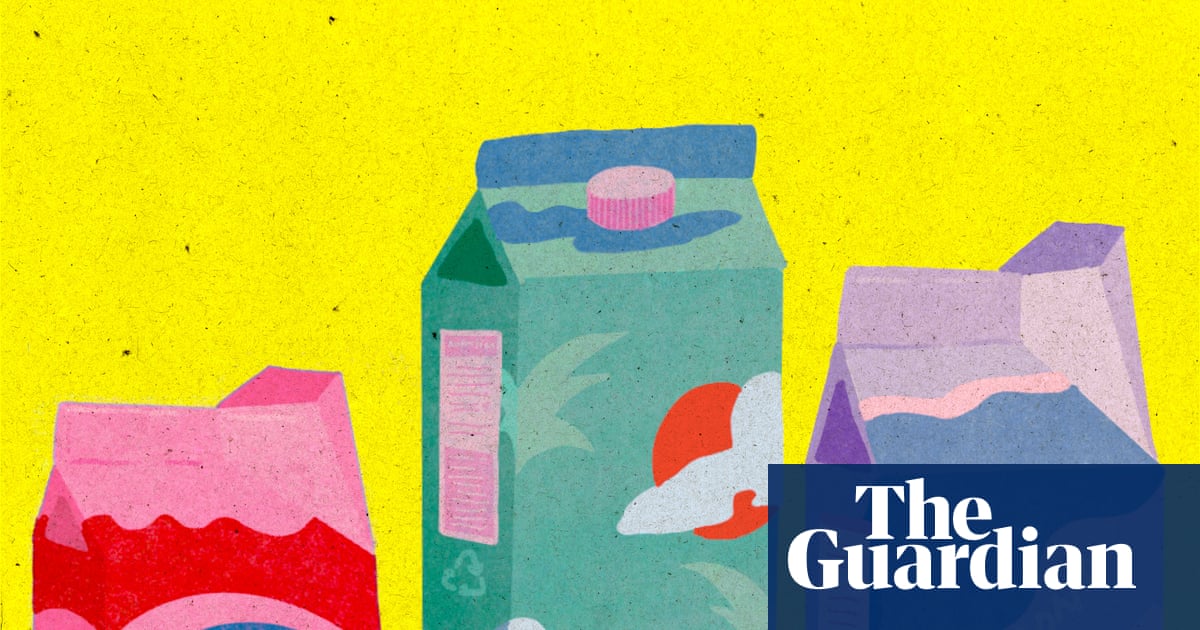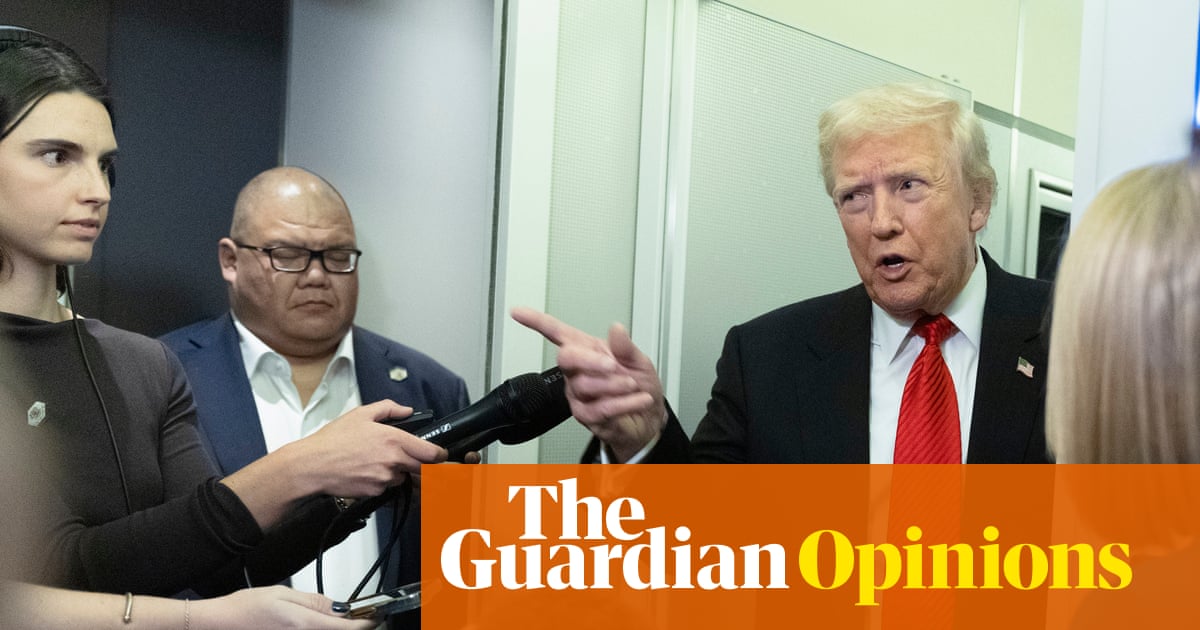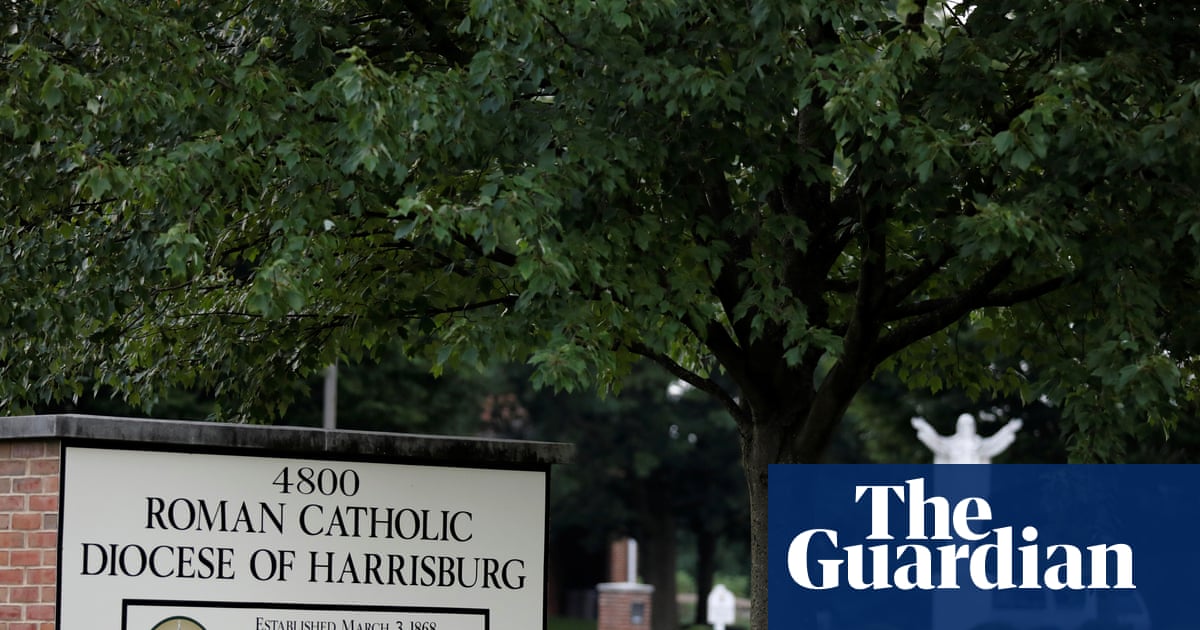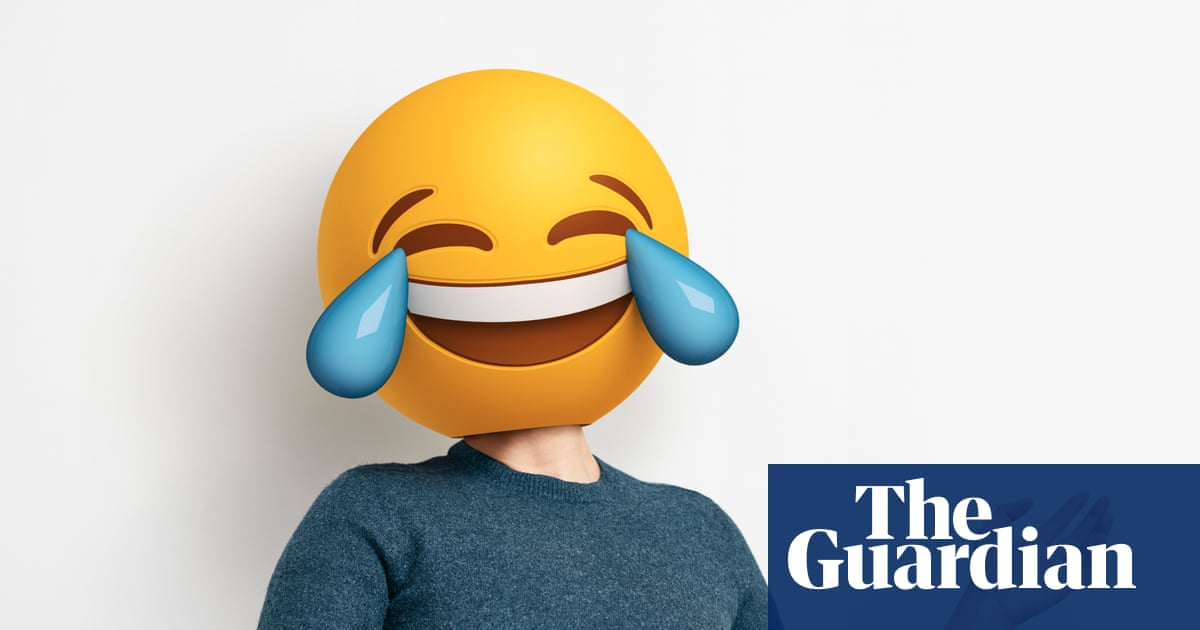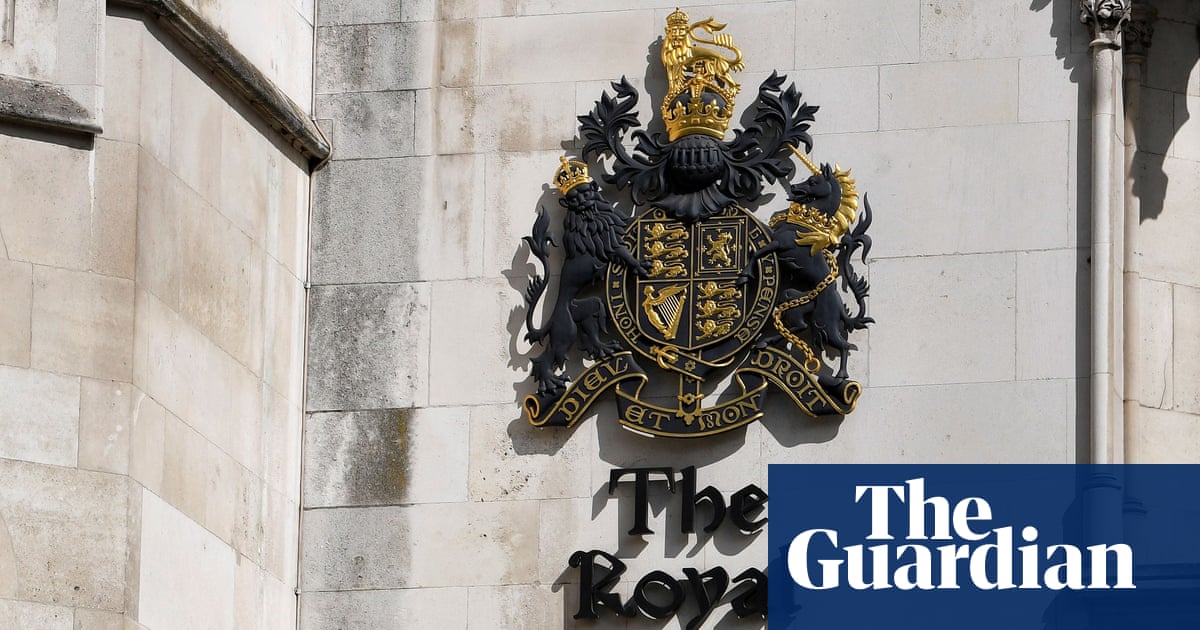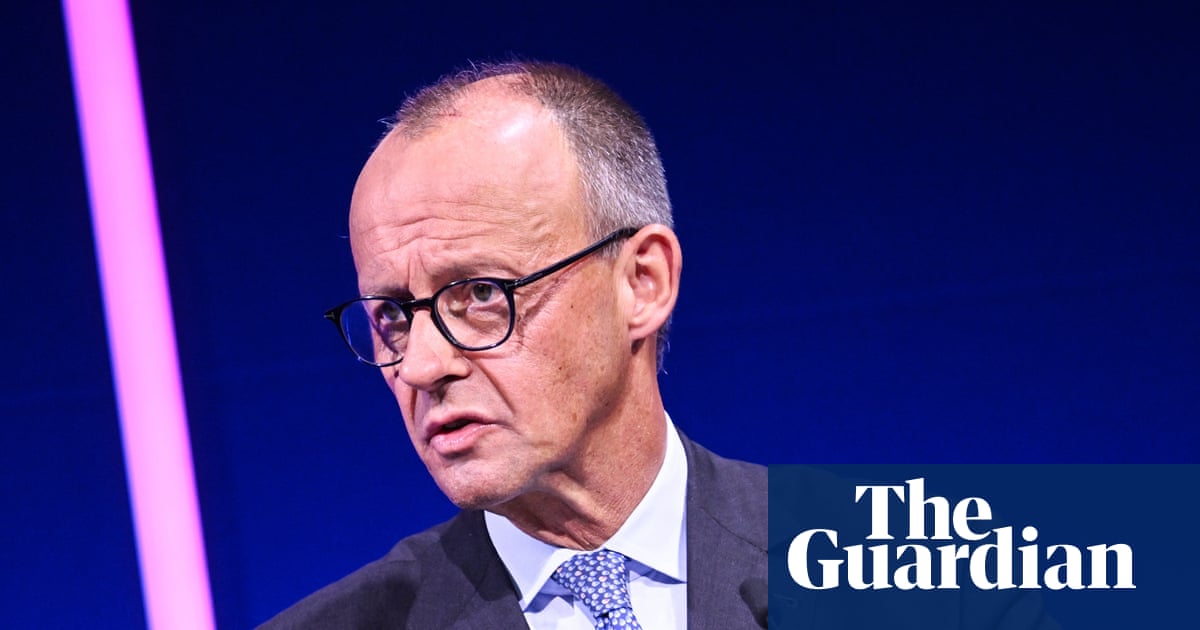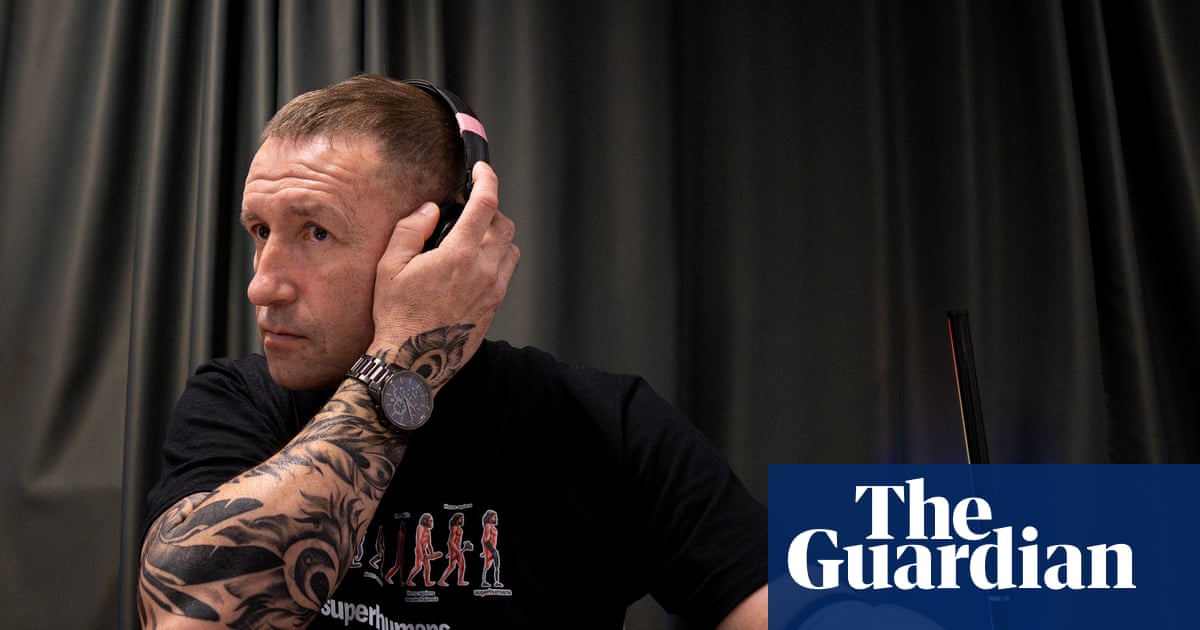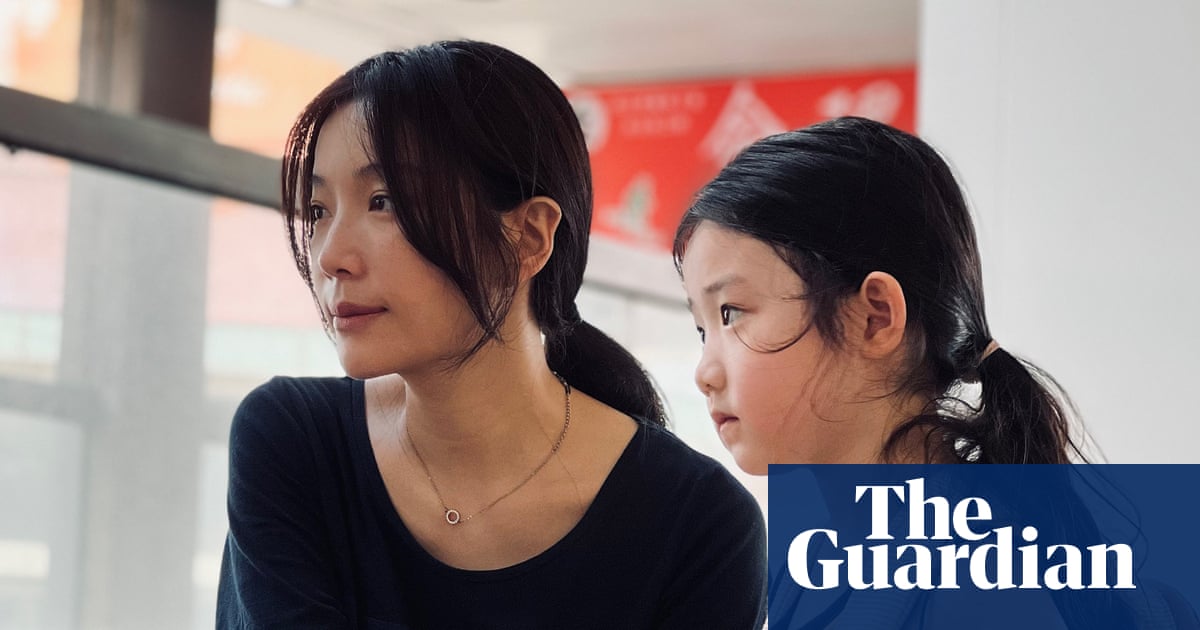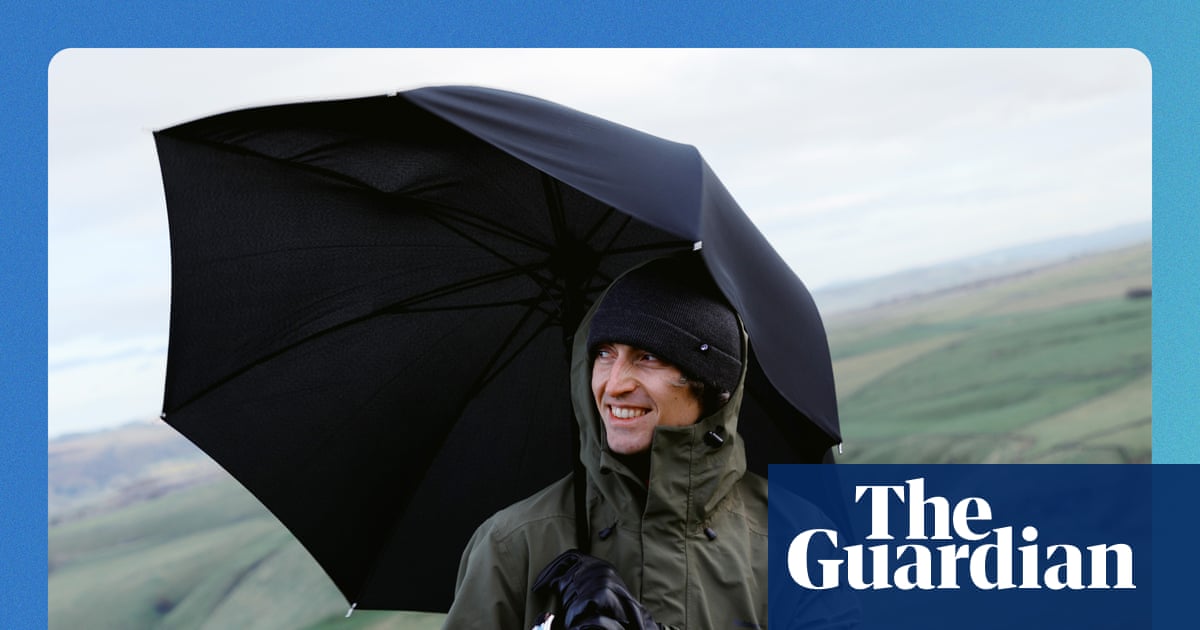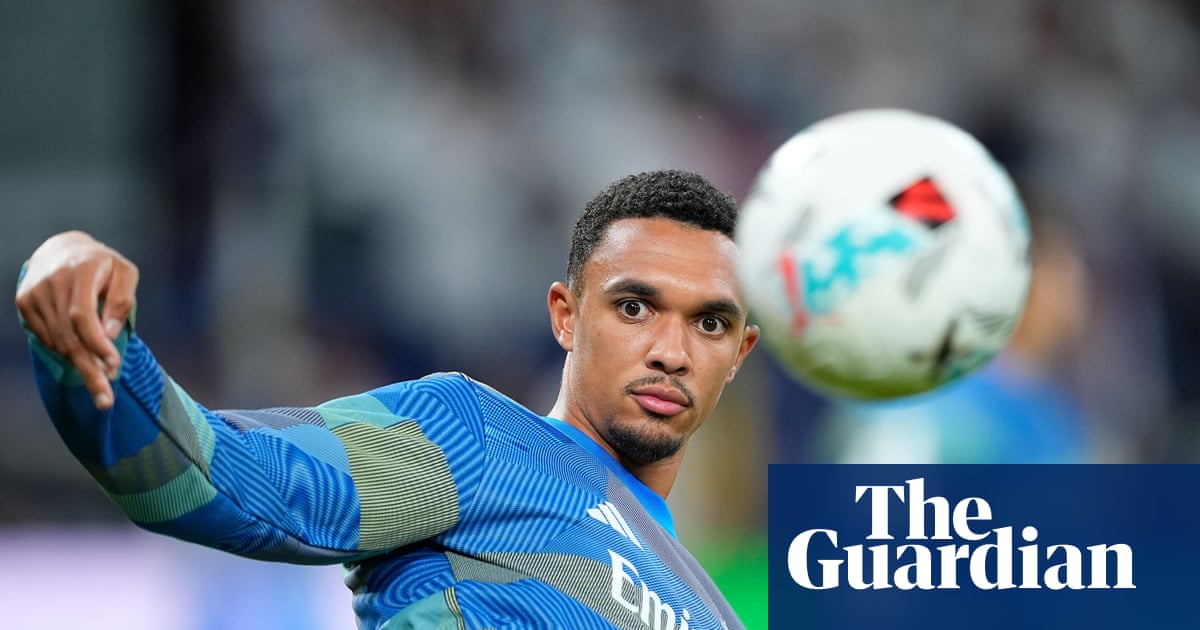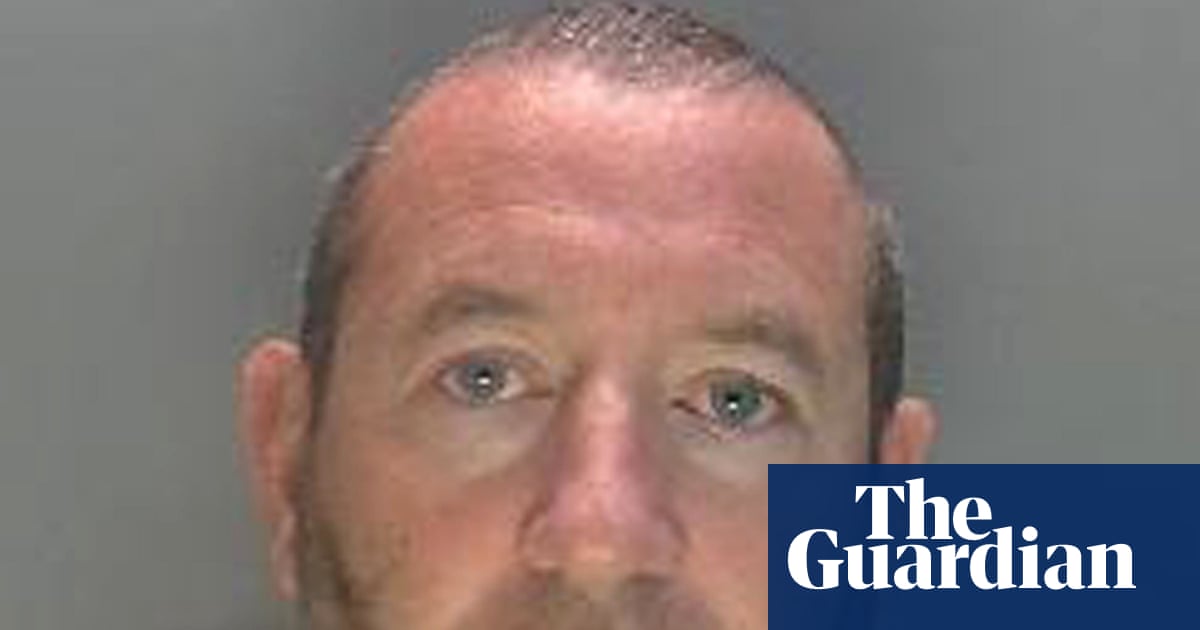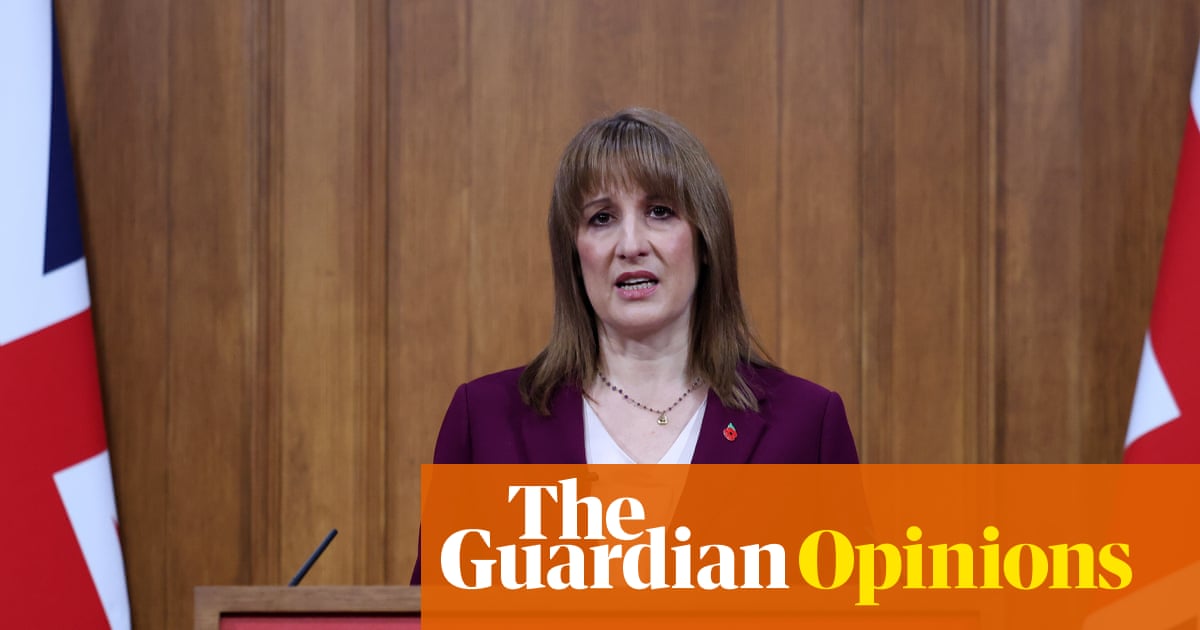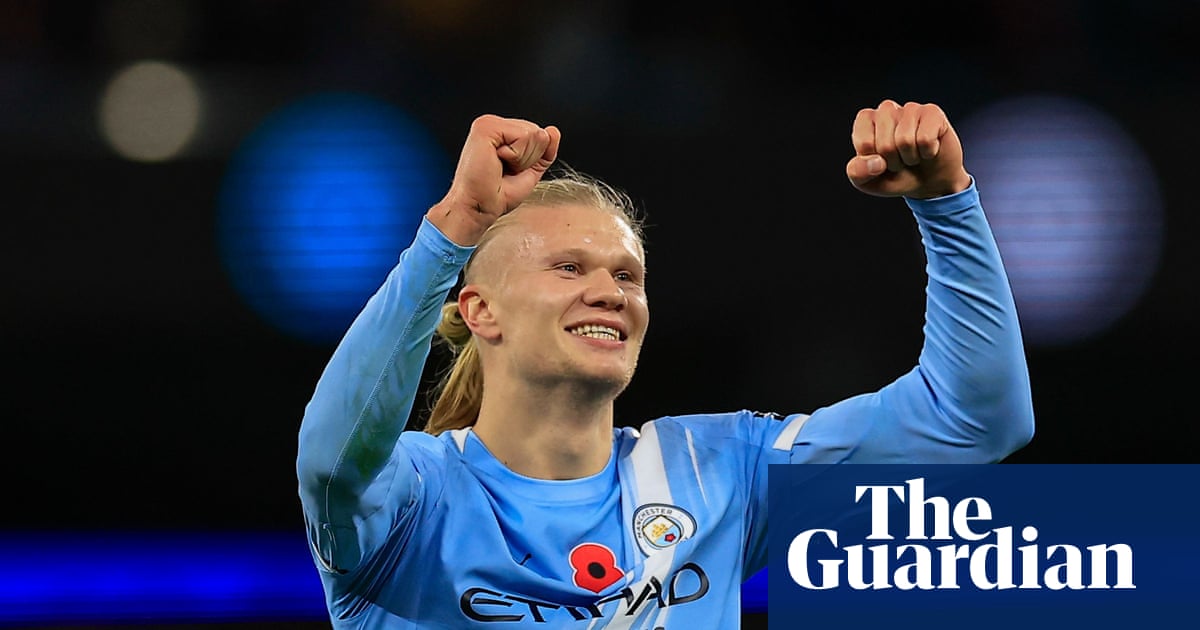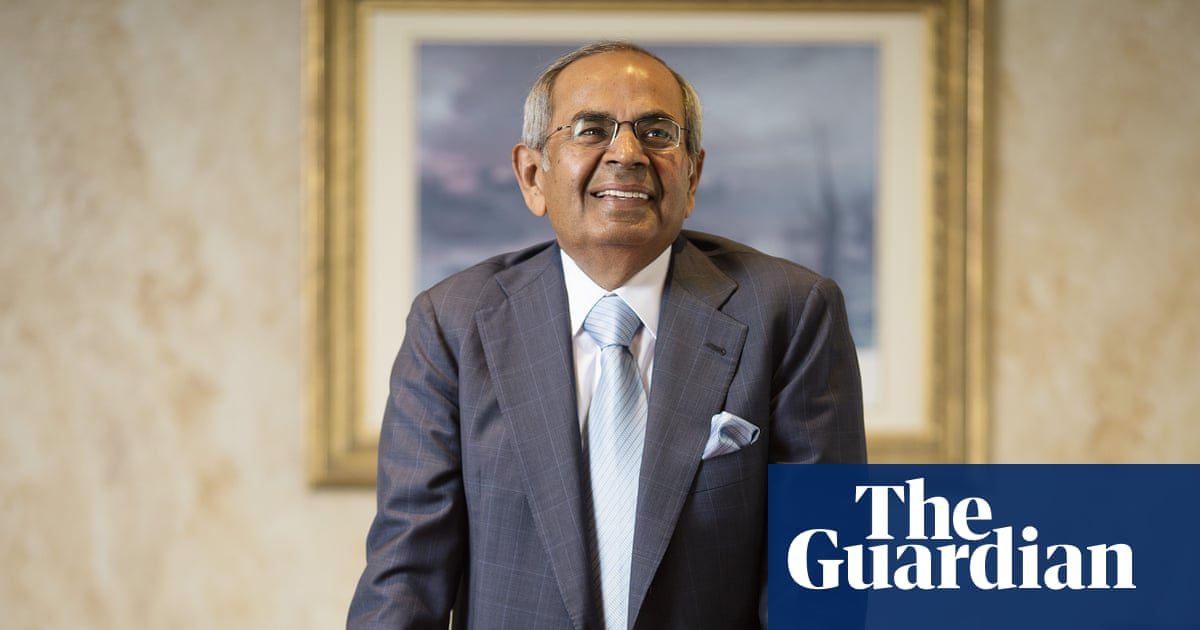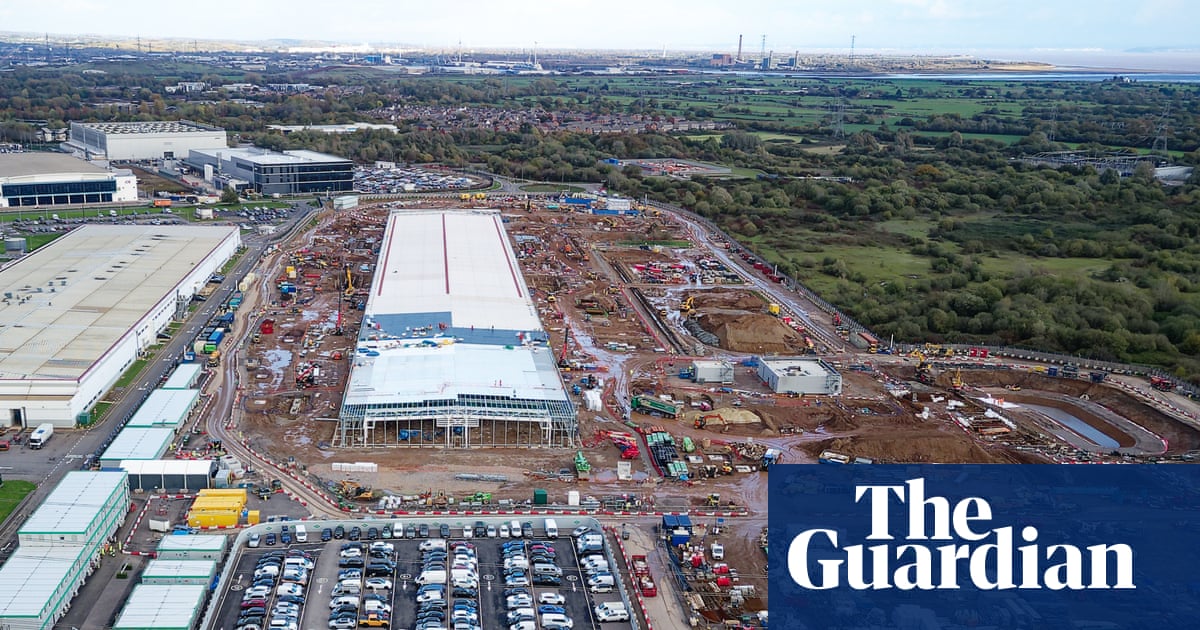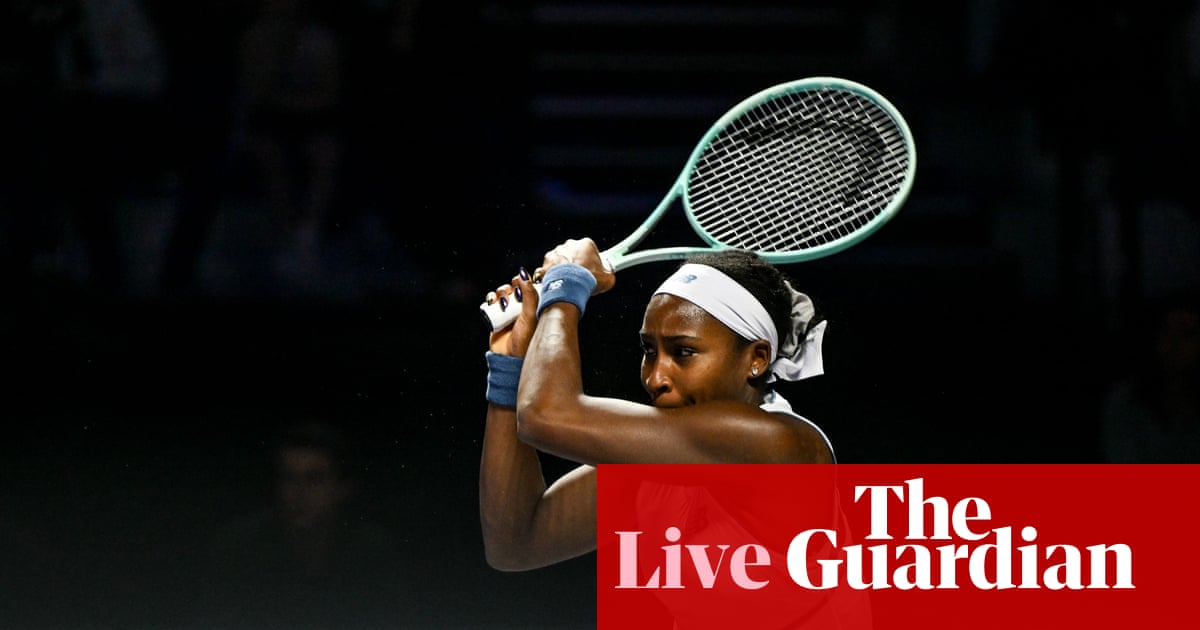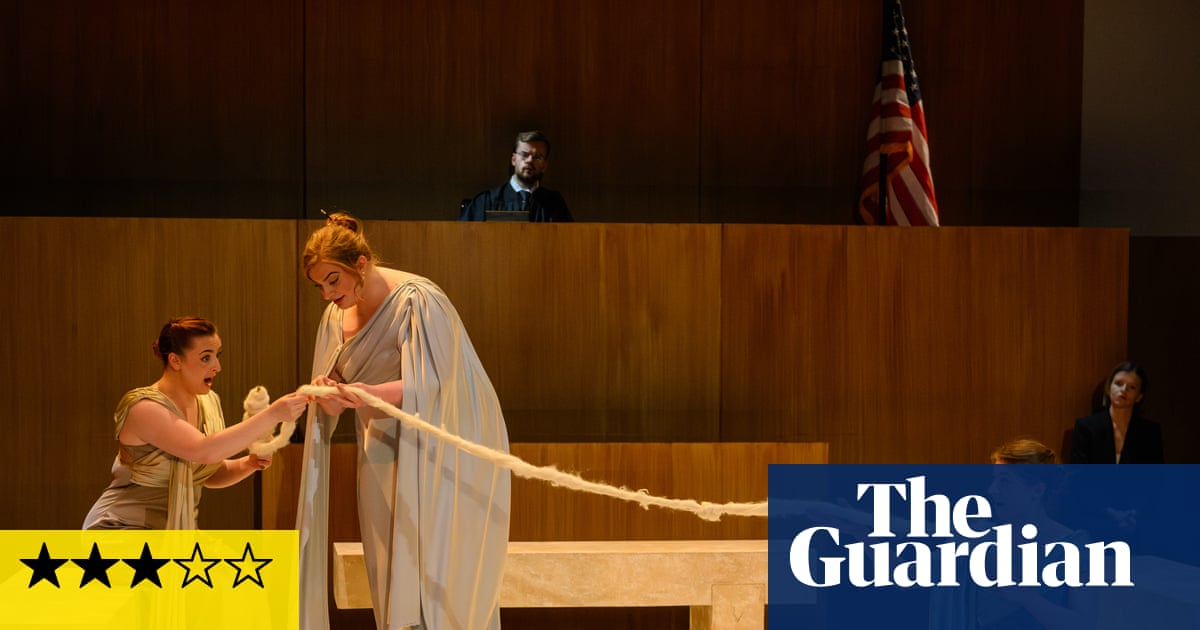Read any celebrity-signed open letter advocating for social justice over the past few years and you’ll probably spot Juliet Stevenson’s name. When the veteran actor is not gracing screens or on a stage somewhere, she’s out on the streets brandishing a placard or giving speeches about human rights, gender equality and the Palestinian right to self-determination.
Just last month, she wrote in the Guardian about the British government’s “complicity” in the Gaza atrocities and what she called an attempt to repress civil liberties by proscribing Palestine Action as a terrorist group.
Critics may – and they do – disparage Stevenson as a “luvvie” engaging in typical performative liberal politics, but spend just a few minutes with the actor and her husband – the anthropologist, film-maker and writer Hugh Brody – and you quickly discover that the roots of their activism run far deeper than that.
In fact, the fight for peace and justice in Palestine is something that has defined the couple’s relationship for 32 years, particularly because Brody is Jewish and the son of a Holocaust survivor.
“We’ve both been very concerned with issues around Palestine for a very long time,” Stevenson tells me from her kitchen table in north London, where she’s sitting with her husband. “We were both absolutely horrified by what happened on 7 October. But as the onslaught on Gaza began, and the numbers of dead quickly rose, we became increasingly upset, angry and anxious about it.”
“Israel and Palestine has been a huge issue for me for the entirety of my adult life, and it was inevitably something I brought to the conversation with Juliet when we met,” Brody says. Listening to him as he delves into his family history, it’s not difficult to see why.
“My mother, Gertrude Schaefer, was brought up with a sense of enormous tragedy and death, which she passed on to me. She came from an Austro-Polish family in Vienna, and was a part of the city’s highly assimilated, sophisticated and cultured Jewish community. Her mother had been a student of Adler, my mother knew the Freuds.”
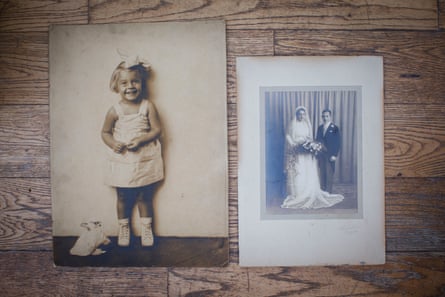
But, after the Anschluss in 1938, when it “became evident that it was very dangerous to be a Jew under the German occupation”, Gertrude – a mere 18-year-old at the time – fled Austria for the UK with the help of some quakers. “She was transferred to Sheffield to work at the hospitals as a junior nurse.”
Brody’s grandmother eventually managed to join her daughter and her daughter’s new husband (a Jewish doctor) in Sheffield. “But by the end of the war, she discovered that almost everybody else in her family was dead.”
All of this contributes towards the couple’s commitment to the Palestinian cause. Stevenson and Brody (82) have never given an interview together, but the escalating crisis in the Middle East has compelled them to move beyond artistic power couple and into the far more risky territory of campaigning.
The couple are confident that Gertrude would have entirely supported their stance. “She was a woman with a very strong sense of social justice,” Brody says. “She was appalled by what she saw in Palestine in the last years of her life.”
Stevenson talks of how much she adored her mother-in-law, who she calls an “absolutely brilliant” woman. “She could have done anything, but her whole life was marked by the Holocaust. I know that she would be absolutely horrified by what’s gone on in the last 21 months in Gaza, as have many of our Jewish friends. There have been some very difficult conversations around this kitchen table.”
Stevenson and Brody met at a mutual friend’s dinner party in 1993. She is unbelievably glad that she didn’t give in to her impulse to cancel that night, she says. “By that point I’d had to play a lot of characters in Shakespeare who fell in love at first sight, and I always thought it was ridiculous. But when I walked into the room and met Hugh, something really weird happened to me. Something shifted in my gut. All evening I sat and listened to his stories and thought: ‘You are the most interesting and gorgeous man I’ve ever met.’”
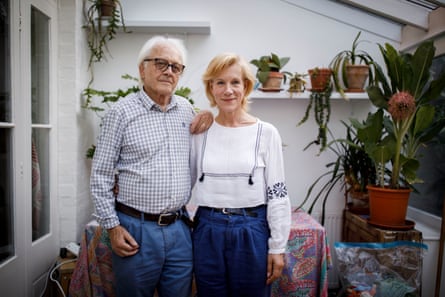
The actor’s screen credits include a Bafta-nominated turn as a grieving cellist in Anthony Minghella’s 1990 film Truly, Madly, Deeply (opposite Alan Rickman), a hapless mother in Bend it Like Beckham, and a nurse in Mona Lisa Smile. On stage, she has been in productions including Measure for Measure, Les Liaisons Dangereuses, and Death and the Maiden – for which she received the Olivier award for best actress.
Her calendar remains jam-packed: she recently starred in the Virginia Gilbert film Reawakening, the BBC series Wolf, and Robert Icke’s play The Doctor (which was, ironically, about a doctor cancelled for standing up for her principles).
But much of what has been occupying her recently is helping to organise a fundraising event with Health Workers 4 Palestine, a grassroots group of medical workers who came together to support colleagues in Gaza. Voices of Solidarity, an evening of music, comedy and spoken word taking place at the Troxy in London next Saturday (19 July), is billed as the UK’s largest cultural fundraiser for Palestine and aims to raise £1m for medicines and medical equipment.
Stevenson will also be doing a reading on the night, alongside a lineup that includes Bassem Youssef, Paloma Faith, Khalid Abdalla and Alexei Sayle. She says it is more important than ever for those with a platform to speak for the voiceless.
Both her and Brody believe “a fear of being branded as antisemitic” is a big factor in many people’s silence. “In my industry, every institution, every arts organisation who could and should be standing up is too frightened, because of the risk of losing money and sponsorship,” she says.
“It kind of makes you crazy, because you think: have you not seen the footage of Israelis in Israel sitting in the streets holding pictures of dead Palestinian children and saying, ‘not in our name’? Have you not seen the hundreds of rabbis sitting down in Grand Central station in New York and saying, ‘not in our name’? Have you not seen the Jewish bloc at the protests on Saturdays in London streets saying, ‘not in our name’?”
“This equation of anti-Zionism and antisemitism has been a very difficult thing for me and many others,” Brody says. “It’s an absurdity and an ideological trap. It lays the foundation for a whole new kind of antisemitism. My view of Israel evolves, my relationship to Zionism changes, but my Jewishness hasn’t changed. That’s fixed.”
The evolution Brody is talking about has taken place over the course of several decades, and was recorded in his 2022 book, Landscapes of Silence. He speaks at length about the months he spent as a 19-year-old living in a socialist kibbutz on the border of Israel and Gaza, and the “extraordinary egalitarianism” that filled him with hope and excitement. “As someone brought up in the shadow of the Holocaust, Israel represented to me, and to my family, a place of safety in a world that was deeply and chronically unsafe,” he says.
But the events of the subsequent years seeded a dichotomy within him. With each conflict, he says, he was torn between a deep need for Israel and growing outrage over the actions of the Israeli state. “It became a question in my mind: what has happened here? Whatever bit of idealism might have been there faded away.”
Then came the horrifying events of 7 October and the Netanyahu government’s subsequent war on Gaza. “That war has grown into a genocide,” he says, “and a point comes where the silence must be broken. The crimes have to be challenged. If we care for the safety and survival of Israel, all the more reason to protest as loudly as possible against its current regime.”
The international court of justice is weighing the charge of genocide against Israel. According to the Gaza health ministry, more than 57,000 Palestinians have been killed by Israel’s campaign in Gaza (a robust independent survey recently put the count at almost 84,000). The war was triggered in October 2023 when Hamas’s attack killed 1,200 Israelis and took more than 250 hostage.
Stevenson’s anger extends to the UK government’s “moral bankruptcy” and what she describes as the mainstream media’s “shameful” coverage of the situation in Gaza. She mentions the selling of arms to Israel, the proscription of Palestine Action, attempts to ban Kneecap from Glastonbury, and the uproar over Bob Vylan’s set.
“That weekend when Bob Vylan was on the front of every newspaper and the subject of every talkshow, something like 90 starving Palestinians were shot dead in Gaza while queueing for food. Nobody covered that at all,” she says.
Stevenson and Brody have two children together – a son and a daughter – but Brody’s first son from a previous relationship, Tomo, died suddenly in 2020 at the age of 37. The tragedy has given the couple first-hand experience of the grief that surrounds the loss of a child.
I ask the actor what she thinks the connection is between art and activism, whether it’s the case that both require you to communicate the entirety of the human experience, including its unbearable tragedies.
“I’ve been negotiating that myself,” she says. “I’ve talked to Hugh so much about how exactly I can help. I always try to bring the human story to crowds, to appeal to the Jo Cox principle, that we have more in common than that which divides us.”
“Can I say something about the connection between Juliet’s art and Juliet’s activism?” Brody says. “There are some words that come to mind to describe Juliet’s qualities on stage and on screen. Words like clarity, integrity and seeking truth in the text. She is transcendently wonderful on stage because of these characteristics, but they are inseparable from her commitment to speaking truth.”
At this point Stevenson tears up and begins rubbing her husband’s back. “That’s making me cry,” she says. “I’m not being soppy, but I find this concealing or manipulation of the truth unbearable. People’s babies are being shot, children are being buried under rubble. Unspeakable trauma is being inflicted on children and parents.”
Does she ever fear the repercussions of her activism on her career? Actors such as Melissa Barrera and Susan Sarandon were dropped by Hollywood companies for their comments on Israel and Palestine. “I do, as do my kids. But I just don’t feel like I’ve got a choice. Does my career really matter, alongside what’s going on in Gaza?
“I look at younger actors, and I completely understand why they feel too frightened to speak. They have everything to lose. But I enjoy a lot of status in the industry. I’ve done a huge amount of work and I continue to work. What really matters to me is that when I get to the end, I can look back and know that I did what I thought was right at the time.”

 3 months ago
88
3 months ago
88
